
AT-Autism Annual Conference – 2018
Rough Justice?
How is the justice system serving autistic people?
When and where
DATE: Thursday 13 December, 2018
TIME: 8:30am registration for 9.15 start, finish 4.30pm
VENUE: Church House, Westminster, London, SW1P 3NZ
COST: Costs per delegate of £170.00 + VAT
ACCESS: Click here to download all the information you will need.
Summary
The conference will explore critical aspects of how the justice system currently serves those autistic people who might experience it – as suspects, offenders, witnesses and professionals. The consequences of failure can be far reaching and with serious consequences for all concerned. It is essential that best practice is understood, developed and applied. This will include representation, communication, interviews and options for dealing with autistic people at each stage of the criminal justice process.
We will learn from a range of speakers with first-hand expertise to develop our understanding and importantly our practice. This will include prominent figures from the law, including law enforcement and other areas of the justice system, academia and from autistic people and their families. We are delighted that award winning solicitor Karen Todner has agreed to give the keynote.
Who is this conference for?
The conference will appeal to legal professionals, including judges, magistrates, solicitors and barristers, law enforcement personnel including the police and other professionals associated with the justice system including prisons, probation service, relevant health professionals and those in other advocacy or Appropriate Adult roles.
CPD accreditation
The programme will be CPD certified.
Conference Programme

8.30 Arrival & Registration
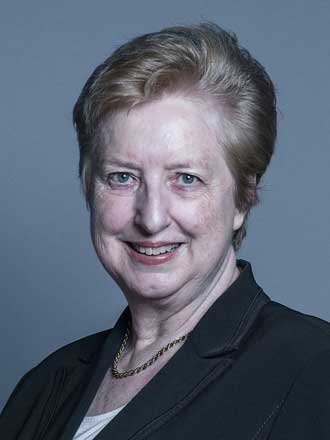

9.15-9.45 Opening remarks and personal perspectives
Baroness Angela Browning and Janis Sharp
Baroness Angela Browning
Baroness (Angela) Browning was a teacher, auxiliary nurse, and management consultant before entering Parliament. She was MP for Tiverton (1992-1997) and for Tiverton and Honiton (1997-2010). She is currently a member of the EU Select Committee and the EU Home Affairs Sub Committee; Vice President of both the National Autistic Society and the Alzheimer’s Society.
Janis Sharp
Janis Sharp was born in Glasgow and is the mother of Gary McKinnon and author of the book ‘Saving Gary McKinnon’. Janis and her husband Wilson, both musicians, moved to London with Gary when he was six years old.
In the late 90’s they made a low budget film ‘Lunar Girl’ which featured their music. Janis later wrote ‘Lester Square’ a children’s book illustrated by Wilson.
In 2002 Gary, who has Aspergers, was accused of the biggest military hack of all time into NASA and Pentagon computers, while in search of information on Free energy and UFO’s. Janis fought for ten years to prevent her son’s extradition to America where he was facing a sixty year sentence. Her campaign brought on board musicians such as Sting, filmmaker Trudie Styler, David Gilmour, Chrissie Hynde, Graham Nash, politicians, the media and people from all walks of life.
After Janis’ long, hard fight alongside Karen Todner, extradition was refused by Theresa May using article 3 of the Human Rights Act, citing Gary’s high suicide risk and mental health issues.
Janis received a Human Rights award from Liberty in recognition of her fight to save Gary and when asked by the LCCSA did TV interviews to oppose cuts to legal aid. More recently Janis helped in the campaign to save Lauri Love, an autistic alleged computer hacker, whose case was won by the use of the ‘Forum Bar’ that Theresa May introduced on the back of Gary’s case.
During all of this time Janis & Wilson were fostering a group of young siblings which they have continued doing until the present day.
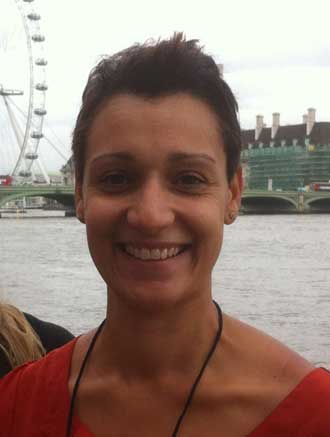
9.45-10.15 Capacity building to improve outcomes for autistic people in probation
Clare Hughes | Criminal Justice Manager, the National Autistic Society
Clare Hughes has spent the past 16 years at The National Autistic Society. Since February 2013, Clare has been working exclusively in the area of autism and the criminal justice system. This has included leading two projects funded by the Ministry of Justice, one about raising awareness of autism within prisons and the other about working with the National Probation Service in the North West to look at improving support for autistic people. Other work has included developing a criminal justice strategy for the organisation, sitting on the Ministry of Justice’s cross department group to address the criminal justice actions within England’s autism strategy, Think Autism and delivering a project looking at safeguarding children and young people with autism. In 2014, Clare began working with HMYOI Feltham to develop Autism Accreditation standards for prisons. Since then, she has worked with colleagues to develop Autism Accreditation standards for probation services and the police. She was co-author of ‘Development and implementation of autism standards for prisons’ recently published in Journal of Intellectual Disabilities and Offending Behaviour’. She wrote the autism section of the Prison Reform Trust and Think Mental Illness’ Mental Health, Autism & Learning Disabilities in the Criminal Courts: Information for magistrates, district judges and court staff and contributed to the Advocate’s Gateway autism toolkit.
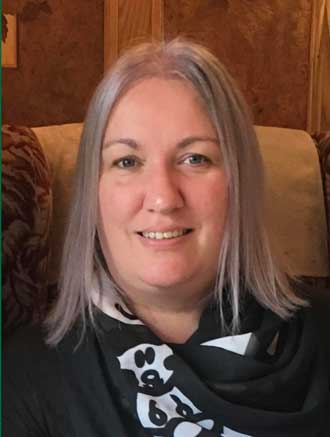
10.15-10.45 It doesn’t have to be like this: How an understanding of autism by the police officer can reduce the need for arrest.
Kleio Cossburn | Former police officer
Kleio has personal experience of autism and served as police officer with Cheshire Constabulary until her retirement. After leaving the police she went onto study a Bachelor of Science degree. In 2013 Kleio began a Post Graduate Certificate in Autism and Asperger Syndrome at Sheffield Hallam.
Kleio is currently a postgraduate criminology student at Keele University linking her knowledge and experience of autism and policing. Her particular interests in the field of autism concern operational policing, and autistic service user involvement in professional training. In October 2018 Kleio will start a professional doctorate in criminology researching autism and the criminal justice system.

10.45 – 11.15 Break
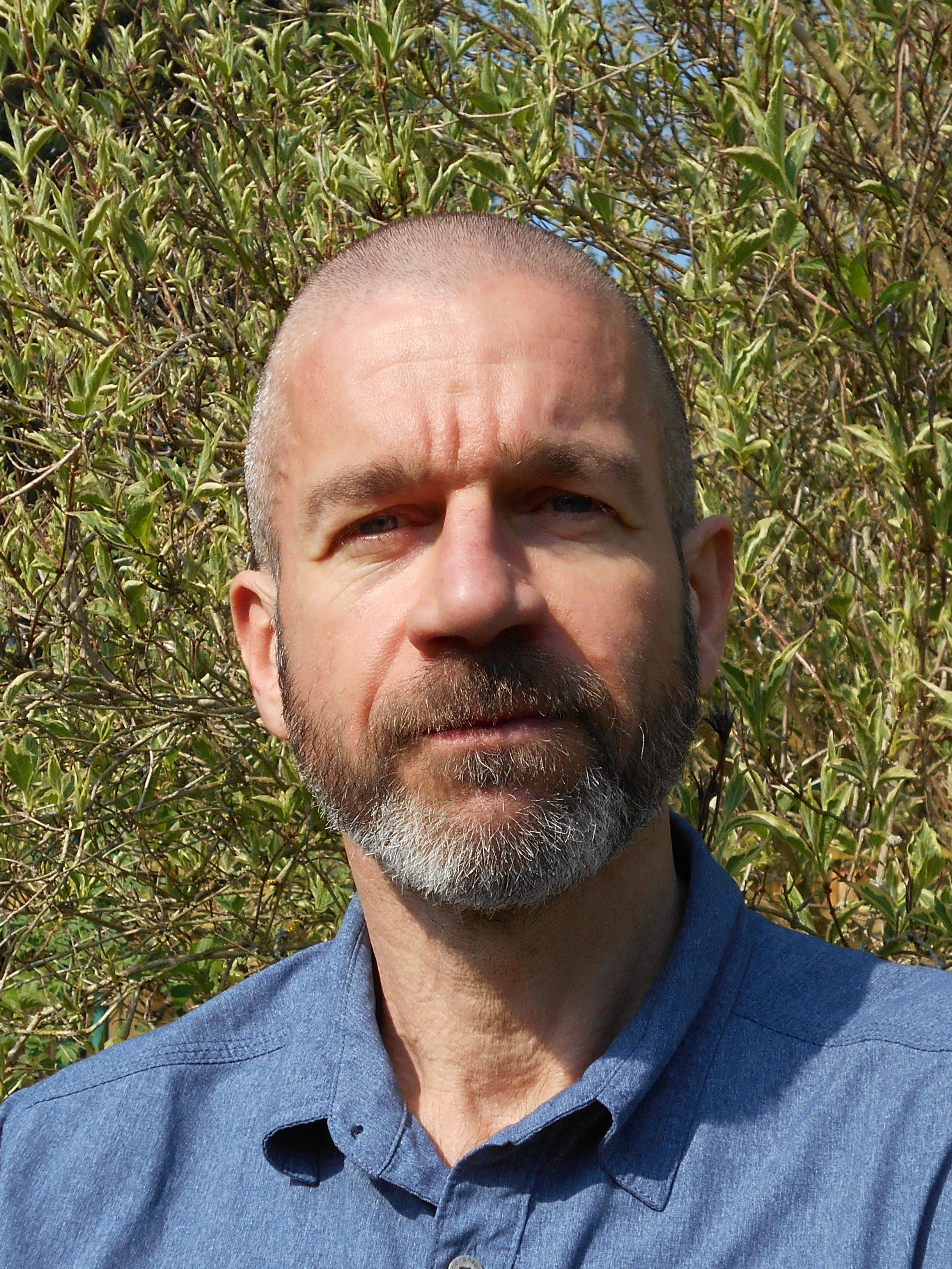
11.15-11.45 Assessment and management of autistic individuals admitted to high secure psychiatric care
Dr David Murphy | Chartered Forensic & Consultant Clinical Neuropsychologist Broadmoor hospital | West London Mental Health Trust
Dr Murphy is a chartered forensic and consultant clinical neuropsychologist who has worked within Broadmoor high secure psychiatric hospital for almost twenty years, as well as a range of other forensic and non-forensic settings for individuals with an autism spectrum disorder. In addition to clinical practice, Dr Murphy is an active researcher on the forensic aspects of autism and published within several international peer reviewed journals. The presentation will explore different aspects of secure care for adults with an autism spectrum disorder, including staff views and patient experiences, as well as practical issues with everyday management, risk assessments and improving outcomes.
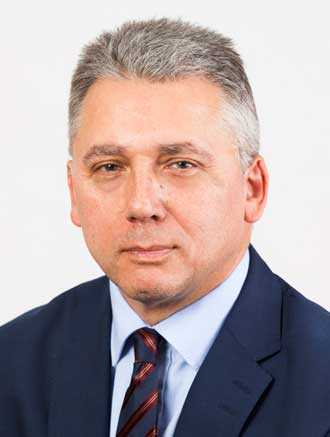
11.45-12.15 Should autism be a get out of jail card?
Mr Graeme Hydari Solicitor | Partner | For Hodge Jones & Allen LLP
Graeme is a criminal defence Solicitor who specialises in defending those on the Autism Spectrum. As well as practising in this area, he writes and talks on this subject. He is a Partner in Hodge Jones and Allen Solicitors in London and for this specialist work he received the Criminal Defence Legal Aid Lawyer of the Year Award in 2017.

12.15-12.45 Plenary – questions and discussion
12.45-1.45 Lunch
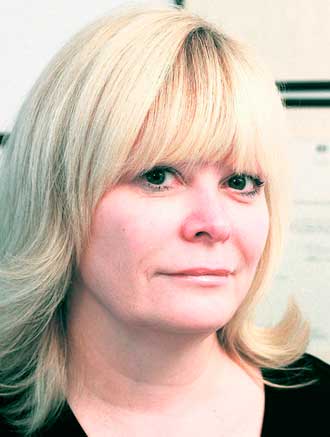
1.45-2.30 Keynote address – Treatment of autism within the Criminal Justice System
Karen Todner | Karen Todner Solicitors | Human Rights Lawyer
Karen is an internationally renowned human rights lawyer who qualified as a solicitor in 1987. For over twenty years she was the Managing Director of one of the largest criminal defence firms in the England Wales. She is now a consultant Solicitor with GSG Law Limited. She has received many awards for her work, including the Law Society Excellence award.
Karen has developed a specialist practice in representing those on the autistic spectrum. For 10 years she represented Gary McKinnon, the computer hacker wanted for extradition to the USA. Following his diagnosis with Asperger’s syndrome, Theresa May conceded that it would be a breach of his human rights to extradite him. She also represented Lauri Love who was also wanted for computer hacking in the USA and again she successfully defeated the application for extradition. She has represented many clients who are on the autistic spectrum and is uniquely positioned to share her experiences of the treatment of those on the autistic spectrum within criminal justice system.
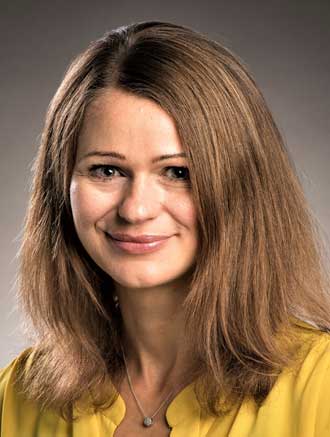
2.30-3.00 Eliciting best evidence: How can the justice system support autistic witnesses?
Dr Katie Maras | Centre for Applied Autism Research | University of Bath.
Dr Katie Maras is a Lecturer in Psychology and Deputy Director for the Centre for Applied Autism Research at the University of Bath. Her work takes a theoretically-informed applied approach to understanding how the specific memory and social communication difficulties of autistic adults affect their interactions in ‘high stakes’ contexts, and what adaptations can be made to support them. To date she has received more than £430,000 in research funding and currently holds a ‘Future Research Leaders’ grant from the Economic and Social Research Council to develop new support for autistic adults in police interviews, healthcare consultations and employment interviews.
Katie is co-author of the National Autistic Society’s revised Autism: A guide for criminal justice professionals document and has co-chaired two toolkits for The Advocate’s Gateway (produced by the Advocacy Training Council) on questioning people with autism. She is currently developing training for all frontline police officers in Avon and Somerset.

3.00-3.30 Break
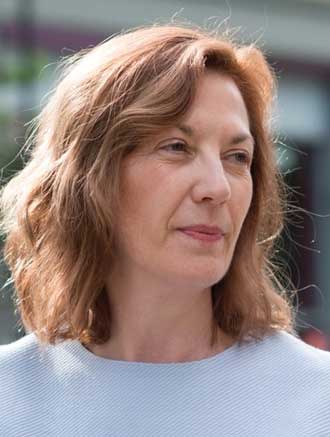
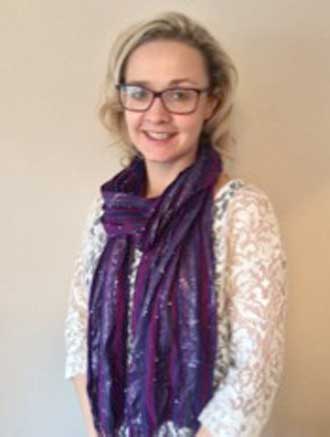
3.30-4.00 At Her Majesty’s Pleasure – improving outcomes for autistic offenders with an indeterminate sentence
Dr Juli Crocombe | Consultant Forensic Neurodevelopmental Psychiatrist AT-Autism | The Lorna Wing Centre
Yvette Bates | Senior Forensic Psychologist | Autism Lead (HMP Dovegate)
Dr Juli Crocombe
As a Consultant Forensic Psychiatrist in Neurodevelopmental Psychiatry of over 15 years standing, Juli has extensive knowledge and experience of autism and has worked intensively with people with autism who present with complex mental health needs and/or offending behaviour, including those with an intellectual disability and those with normal or high cognitive ability. She has experience of working within specialist community services, specialist inpatient assessment and treatment units, secure inpatient services and prisons.
Committed to improving the quality of health and social care provision for people with autism, Juli has played a significant role in shaping and driving national policy and guidelines, including:
- Member of the Department of Health National External Reference Group for the Strategy for Adults with Autism and Chair of the Health Working Group.
- Member of the NICE Clinical Guideline Development Group for Autism in Adults and Specialist Committee Member of the NICE Quality Standards Advisory Committee for Autism.
- Member of the All Party Parliamentary Group on Autism Advisory Board for over 10 years and elected as Chair of this Board in 2013.
Having previously conducted research to determine the prevalence of autism amongst the female population of Broadmoor Hospital, Juli is now leading a research proposal to test the hypothesis that autistic people are over represented amongst the over-tariff prison population.
Yvette Bates
Yvette Bates is a HCPC Registered and Chartered Senior Forensic Psychologist and has worked within Forensic Services for 17 years. Yvette is currently the Autism Lead at HMP Dovegate, a category B male prison based in Staffordshire.
Yvette has developed and delivered an awareness package for prison staff to assist in the support and management of prisoners on the Autistic Spectrum and has undertaken research evaluating the use of a prison based screening assessment.
Yvette has implemented and oversees a formal strategy within the prison “Raising Awareness, Recognition, Assessment & Support for Prisoners on the Autistic Spectrum”. The vision statement focuses on the view that all prisoners who may be on the spectrum can get a diagnosis and access support if they need it, can depend on the prison service to treat them fairly as individuals, helping them to achieve optimum quality of life and reduce their risk of reoffending. The strategy aims to raise awareness and develop an understanding of Autism, recognise prisoners with Autism, undertake diagnostic and needs assessment and to collaboratively support those prisoners who are found to have Autism and finally contribute to the evidence base through on-going research. Yvette is supporting the prison to work towards Accreditation through the National Autistic Society as part of a pilot project.
Yvette aims to achieve a wider awareness of the prevalence of prisoners who are on the Autistic Spectrum and to inform the process of appropriate risk assessment and intervention within this offender group.

4.00-4.30 Plenary – questions and discussion
4.30 Close
Book your place
Please use this form to book your place at our forthcoming conference, which will be held on Thursday 13 December, 2018
Advice on filling out the form
Multiple bookings: If you require more than one booking please complete the form for each attendee or contact us. Thank you.
Concessionary places: A small number of concessionary places at a reduced rate will be available for autistic delegates on a first come first served basis. Please email info@atautism.org
